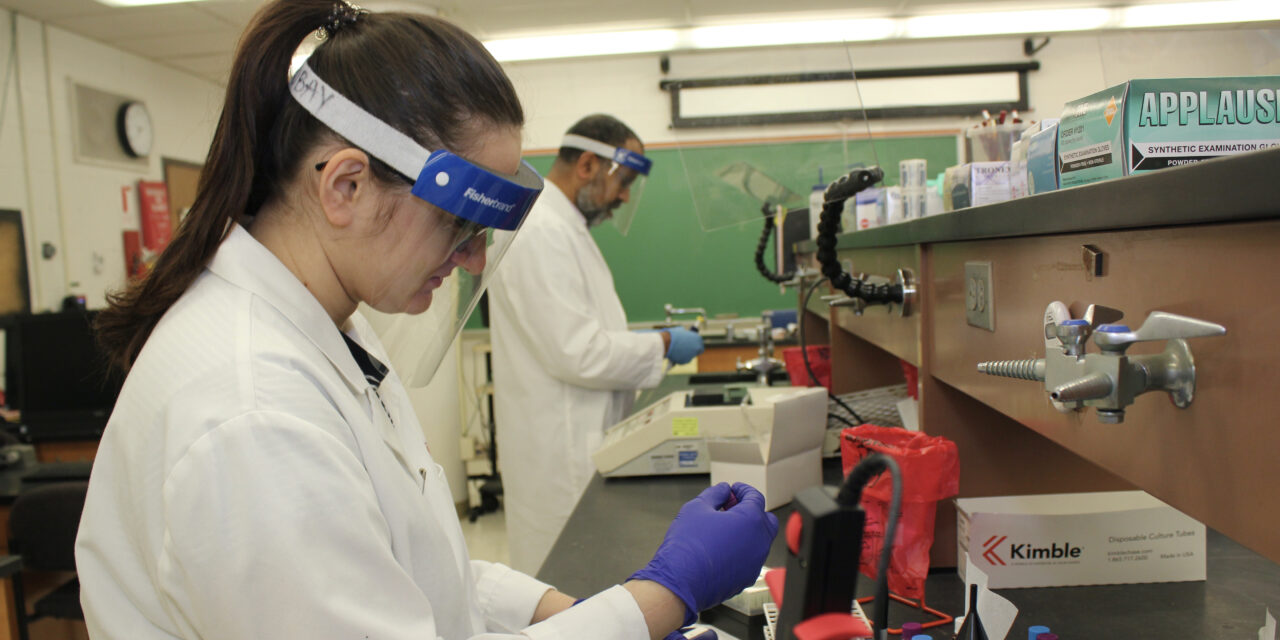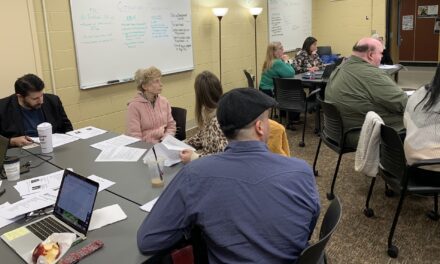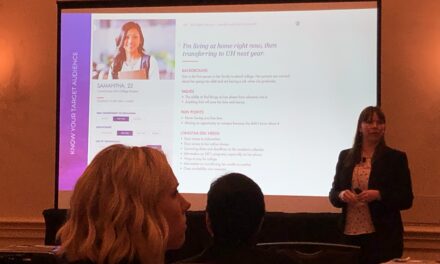As a former Program Director for a Histologic Science Program, I worked closely with students in the area of career advancement. Many students remained content with the knowledge they gained and the hands-on skillset they would have to perform laboratory work, while others saw the certified professional as a stepping-stone toward career advancement in allied health.
As I reflect upon my own career path, I am able to see just how critical a solid, foundational skillset was to my career advancement and career success. The foundational skills I received from a hospital-based program, very similar to our health programs here at Springfield Technical Community College (STCC), provided me job security and opportunities for personal and professional growth. Critical thinking, understanding, creating and leading were the skills I embraced and carried throughout my career in the field of histology, ultimately landing me in the field of education.
Supervising hospital histology labs for most of my laboratory career allowed me the opportunity to hone my technical and administrative skills. (Histology is the study of tissues and cells under a microsope).
Those foundational, technical skills were crucial to ensuring the delivery of quality care. I challenge future students of any health field, however, to expand their thinking, to include the cognitive skills and those skills that are transferable to other positions and/or careers, in consideration of an ever changing workforce. Skills such as public speaking and social media savvy can establish the health professional as a leader on the patient care team, a critical role for the profession. New graduates, as well as seasoned professionals need evolving skills to remain competitive in their chosen field and for a career beyond.
Accreditation experience obtained through working in the College of American Pathologists (CAP) accredited laboratories, proved critical to my transition to an academic role as Program Director for an accredited histologic science program.
Preparing your laboratory or program for an inspection can seem a daunting experience, yet obtaining the skills necessary to do so can make that experience seamless. For example, any inspection in the laboratory or health care department warrants an eye for detail, critical thinking and direct technical expertise – all foundational (and transferable) skills of the health professional.
As a Program Director, accreditation of the academic program involved maintaining accreditation standards through submission of annual reports, writing a self-study, and ensuring all documentation was in order. My technical skillset and years of experience in the field, allowed me to transition to an academic position. My experience as an educator and program director allowed me to grow in leadership, and transition to my current position as an Assistant Dean for STCC’s School of Health, a clear demonstration of how an evolving skillset can create a career path.
It is important that students planning their career path broaden their lens beyond the technical skillset. Navigating a global pandemic taught us to think creatively, while encouraging many to re-evaluate their career. With this in mind, the ability to demonstrate critical thinking, understanding the “whys” of the work performed, and leadership, prepares students to move forward, while simultaneously allowing growth within a current position.
Regardless of where one’s career path takes them, the professional with a strong technical foundation, and the ability to demonstrate competency in areas outside of that skillset, is the professional of today. Be that professional.
Kelli Goodkowsky, Assistant Dean of the School of Health and Patient Simulation, is the Chair for the Educator’s Committee for the National Society for Histotechnology (NSH).





